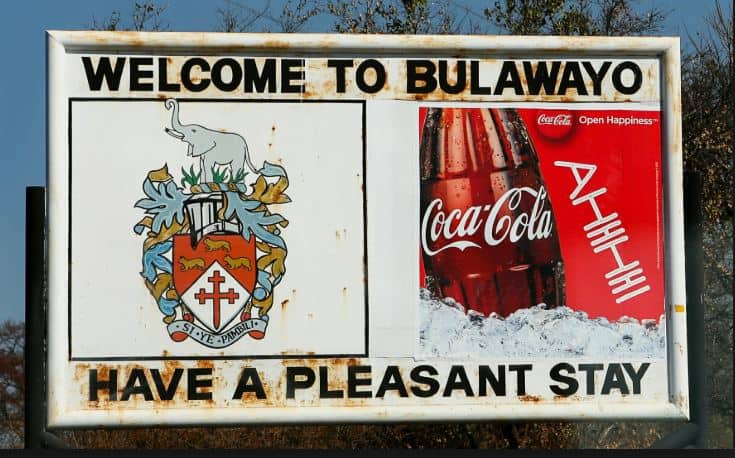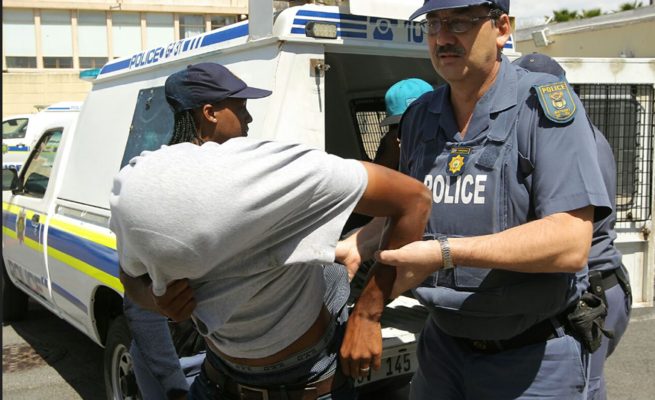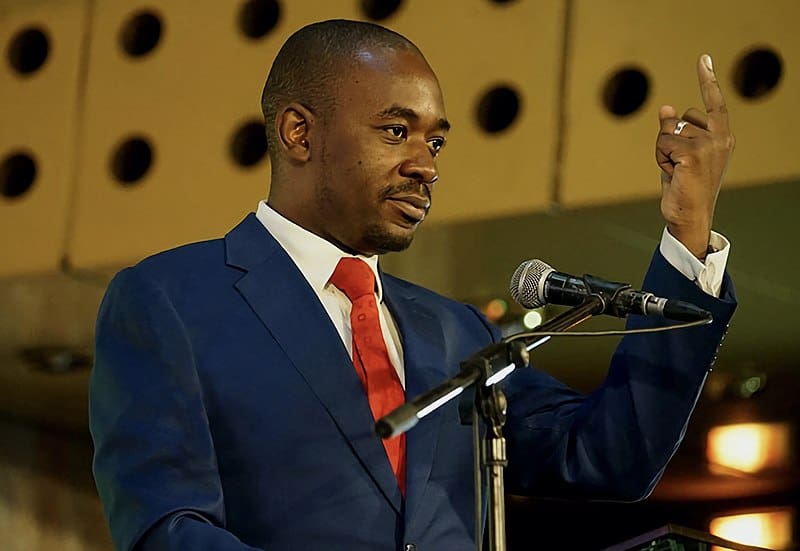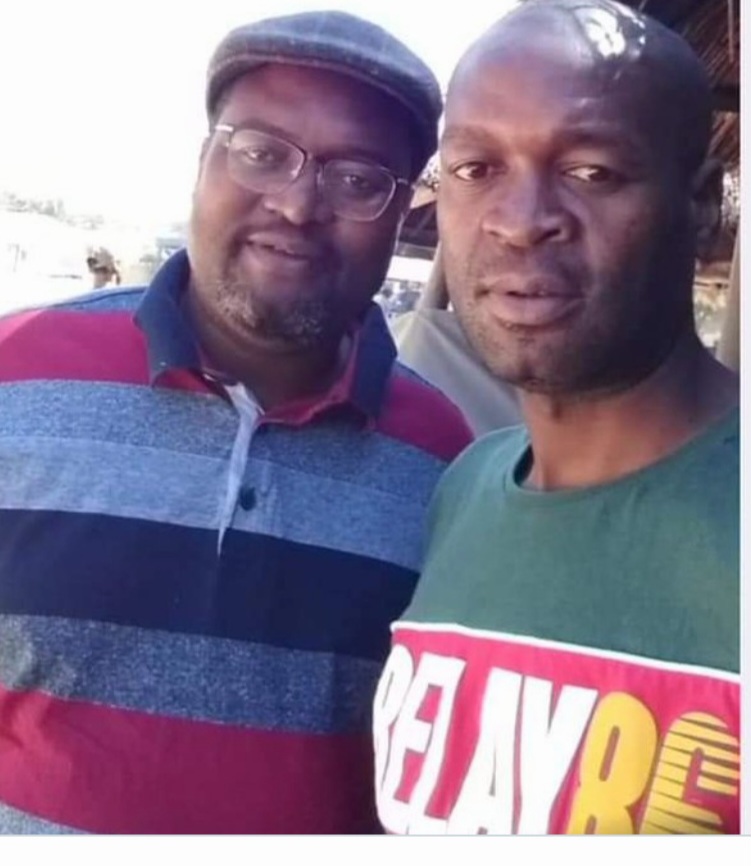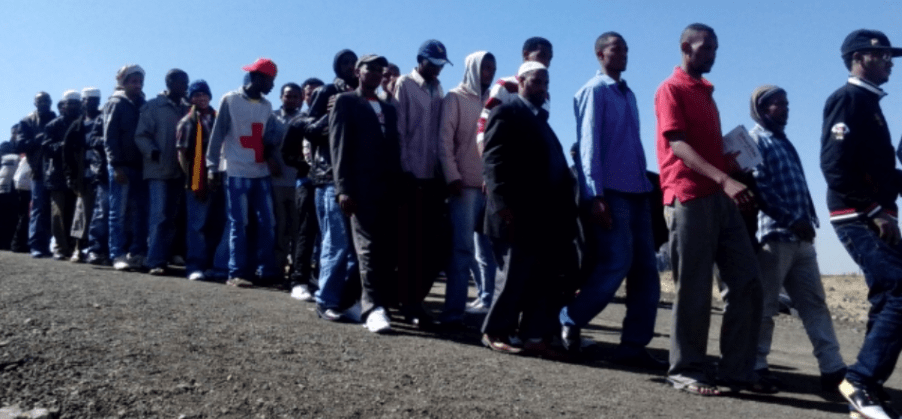Heads are set to roll at Bulawayo City Council following the conclusion of rabble rousing findings preceded by comprehensive investigations conducted by the Zimbabwe Anti-Corruption Corruption Commission (Zacc), which have so far unearthed rampant shady dealings in the allocation of stands to councilors and senior council officials at the struggling local authority.
A probe team appointed by the Local Government and Public Works ministry was recently dispatched to Town House to institute investigations in the wake of alleged rampant graft reports at BCC, particularly with regards to the scandalous allocation of stands in Zimbabwe’s second biggest city.
The prevailing circumstances have literally shaken those in the corridors of power at the underperforming metropolitan amid fears of looming fresh arrests targeting those who were fingered as scapegoats by the findings of both Zacc and the probe team recently set up by the Government.
The Zimbabwe Government has vowed to rid the blight of corruption affecting most local authorities across the landlocked southern African nation with high profile arrests having been made so far.
Early October, the country’s corruption watchdog arrested BCC’s director of housing and community services, Dictor Khumalo on allegations of criminal abuse of duty as a public officer as defined in the Criminal Law (Codification and Reform) Act.
And, in September, Harare Town Clerk Hosiah Chisango was arrested in connection with the continued unravelling of alleged illegal land deals that have rocked the city, while director of works Zvenyika Chawatama was suspended without pay as allegations of potential disciplinary offences were investigated.
Perennially, findings have indicated that land sales are only benefitting councillors, their families and handlers at the expense of the marginalised majority.
Corruption has been identified as one of the problems affecting the country’s economic growth which eventually leads to debt due to misappropriation of funds and resources.
Zimbabwe scored 24 points out of 100 on the 2019 Corruption Perceptions Index reported by Transparency International.
The index ranks countries and territories based on how corrupt their public sector is perceived to be.
A country’s score indicates the perceived level of public sector corruption on a scale of zero (highly corrupt) and 100 (very clean).
Zacc descended on the MDC-T run local authority in September after a whistle blower alleged corruption and malpractices in the municipality, particularly issues to do with allocation and sales of council land.
One of the cited cases involves Bulawayo mayor Councillor Solomon Mguni who was allocated a plot in Rangemore to the disgruntlement of many residents.
According to the notice flighted on May 29, the town clerk Christopher Dube revealed that Clr Mguni had been offered a land lease in Rangemore for agricultural purposes on Lot 3 of plot 3 Lower Rangemore.
The lease was for an initial 25-year period while monthly rentals were pegged at $165, subject to review.
Residents argued that the 25-year land lease being offered to Clr Mguni was tantamount to corruption and also accused council officials of abusing privileges and parceling out land to cronies at what they described as ridiculously low rentals.
The anti-graft body was also interested in the application by the mayor to construct duplex flats on stand number 19789 Bulawayo Township, which was eventually turned down by councillors.
Dube as well was being investigated after a proposed allocation of a stand to him ahead of the renewal of his employment contract as the city’s town clerk.
Zacc chairperson John Makamure told the state media that they were holding further investigations in connection with rife corruption and fraudulent dealings at the council.
Makamure said the investigations conducted by Zacc so far have exposed the corruption affecting the body.
“Investigations are continuing in local authorities and we have gone very far in investigating corruption. Arrests are imminent in many local authorities including the Bulawayo City Council. The probing has not yet come to an end and the issues where most officials have been wanting are mostly about land allocation,” Makamure said.
President Emmerson Mnangagwa said under his leadership, there was need to build a legacy of good governance, accountability and transparency for the prosperity of the country.
He added that councillors and council officials were key stakeholders in the country’s economic growth and attainment of Vision 2030 aimed at transforming Zimbabwe’s economy into an upper middle-income status.
Mnangagwa’s Government has been blamed for its debatably selective approach in dealing with the scourge of corruption, which has its roots in the past adminstration of Mnangagwa’s humiliatingly deposed late predecessor, Robert Mugabe.
state media
additional reporting: Zwnews

